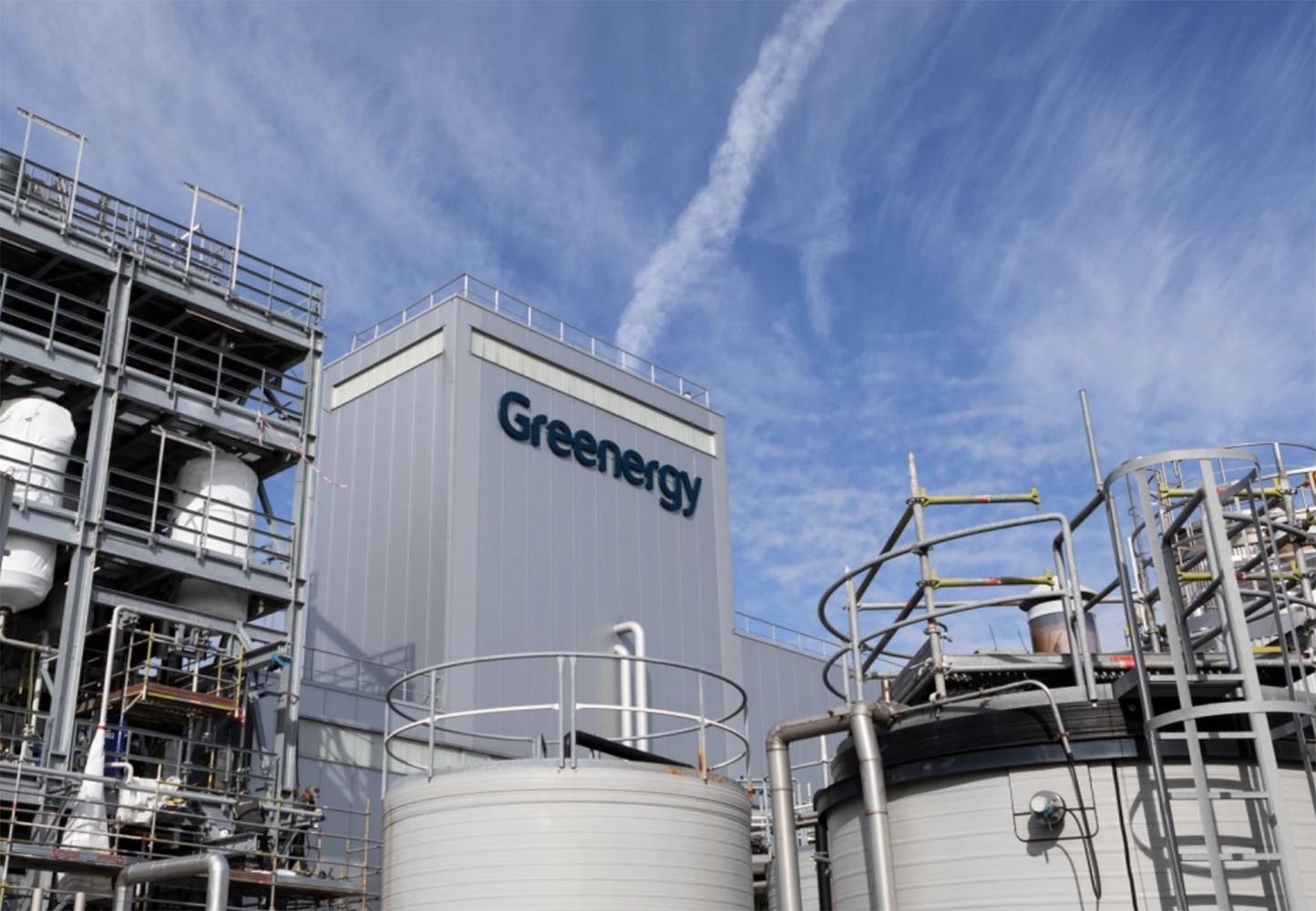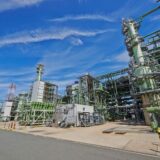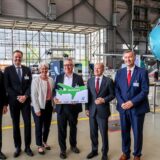
Greenergy expands biodiesel output from waste oils at 2 plants
U.K. fuel firm Greenergy announced the expansion of biodiesel manufacturing facilities in Amsterdam and Northern England, lifting total production capacity by more than 30% to roughly 400 million litres annually. The upgrades focus on enhancing intake capabilities around waste feedstocks converting to lower-carbon biofuels.
Greenery CEO Christian Flach framed the upgrade supporting the company’s energy transition strategy via scaling renewable fuel output. The Amsterdam modifications support European sales given tightened emissions reduction requirements while its UK site feeds local biofuel blending mandates.
The company said pre-treatment area enhancements allow processing a more extensive range of waste oils into biodiesel, including cooking oils and animal fats beside traditional vegetable oils. Waste-based biofuels reduce both relying on dedicated crop input and typically achieve greater percentage carbon savings.
Beyond traditional uses like heavy vehicle fuel, Greenergy cites growing marine and aviation biofuel demand as sales drivers, with commercial flights starting to adopt blending following policy incentives. However, waste volumes limit global scaleup, pressing collection infrastructure build-outs supporting sufficient supply streams.
With existing operations across Western Europe, two-thirds of Greenergy’s current turnover already derives from lower-carbon fuel sales as climate strategies accelerate customer adoption. But further growth depends on market dynamics like relative pricing against conventional options.
Experts say transparent, verifiable accounting of both waste origins and full life cycle savings remains crucial in distinguishing genuine circular benefits over alternatives offering dubious environmental uplifts. Greenergy publishes detailed input sources reporting under third-party sustainability certification regimes.
While rivals worry the headline 25% Amsterdam expansion seems relatively minor, Greenergy suggests further upgrades are plausible pending feedstock availability amid intensifying European competition. Incrementally raising nameplate processing limits allows balancing feed variability against customer contracts.
As both biofuel output and usage rise, analysts also caution against unintended consequences like cropland conversions or supply pinch points as the circular economies around waste fuels continue maturing. But Greenergy maintains close engagement across its collecting ecosystem while working to widen intake diversity.














